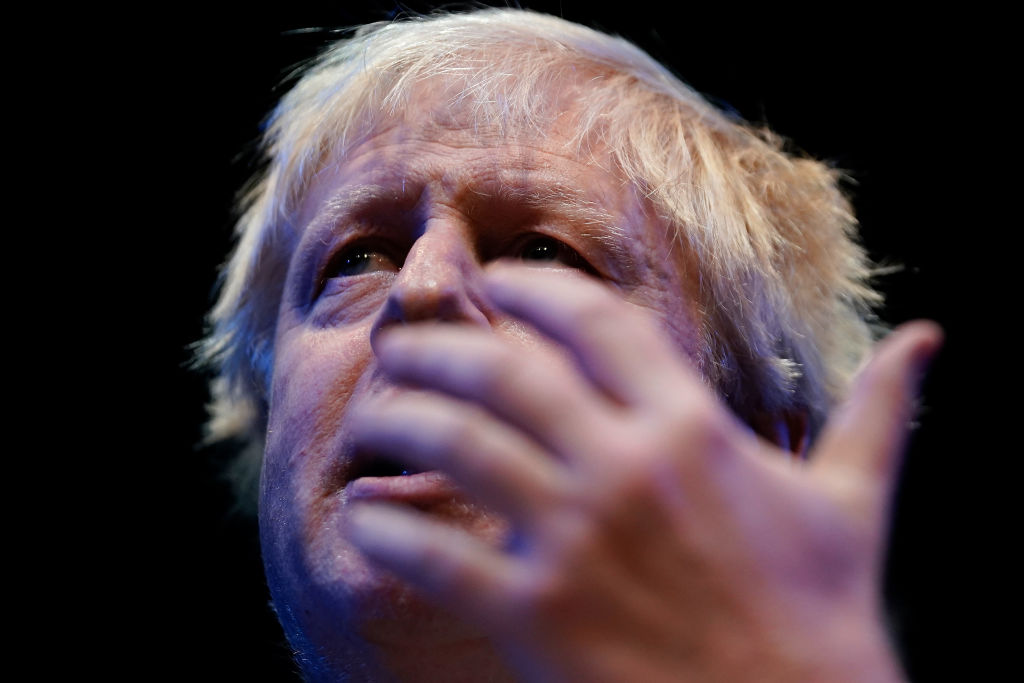The source of government revenue is a mystery for many people, but one thing voters do remember is that they are taxed. When people open up their pay slips, the income tax deduction stares them in the face. The sight of it is galling, and the higher the percentage taken, the worse it is.
This is true even if there is a sense that, like a foul-tasting medicine, it is a necessity. So this aversion to tax explains why Boris Johnson’s pledge to raise the level at which the higher rate tax band of 40 per cent kicks in – from £50,000 to £80,000 of earnings – is electorally attractive. This remains the case even though this tax cut will only directly benefit a minority of people; for the tax year ending in 2017, only twelve per cent of taxpayers earned more than £50,000. If you count non-taxpayers, the income tax cut directly benefits an even smaller percentage of the population. So

Get Britain's best politics newsletters
Register to get The Spectator's insight and opinion straight to your inbox. You can then read two free articles each week.
Already a subscriber? Log in






Comments
Join the debate for just £1 a month
Be part of the conversation with other Spectator readers by getting your first three months for £3.
UNLOCK ACCESS Just £1 a monthAlready a subscriber? Log in